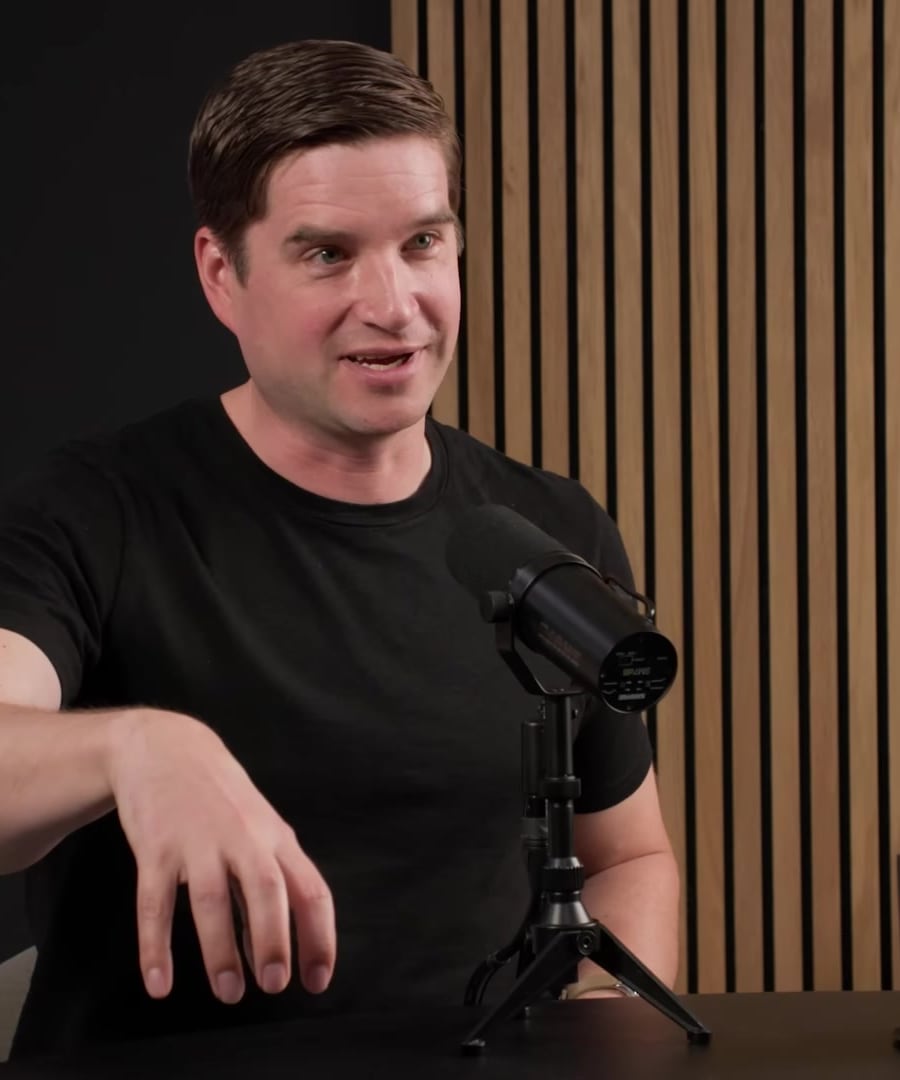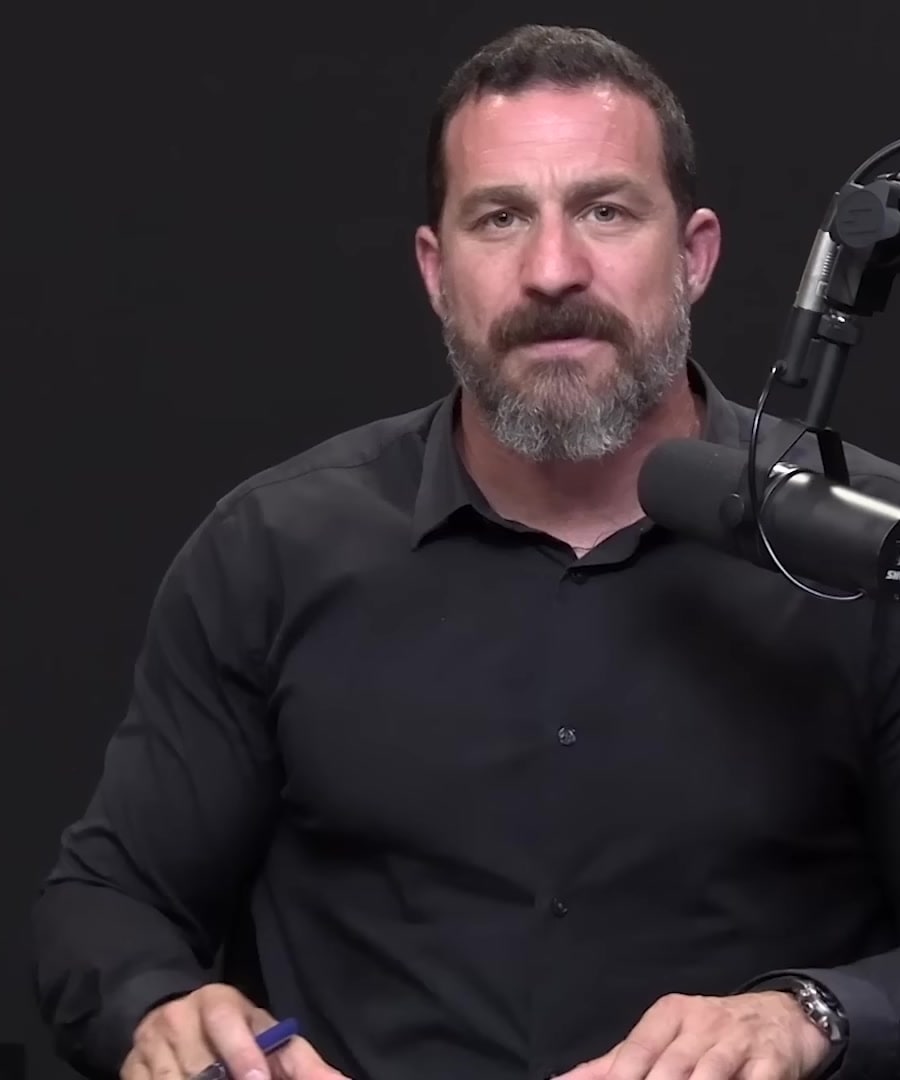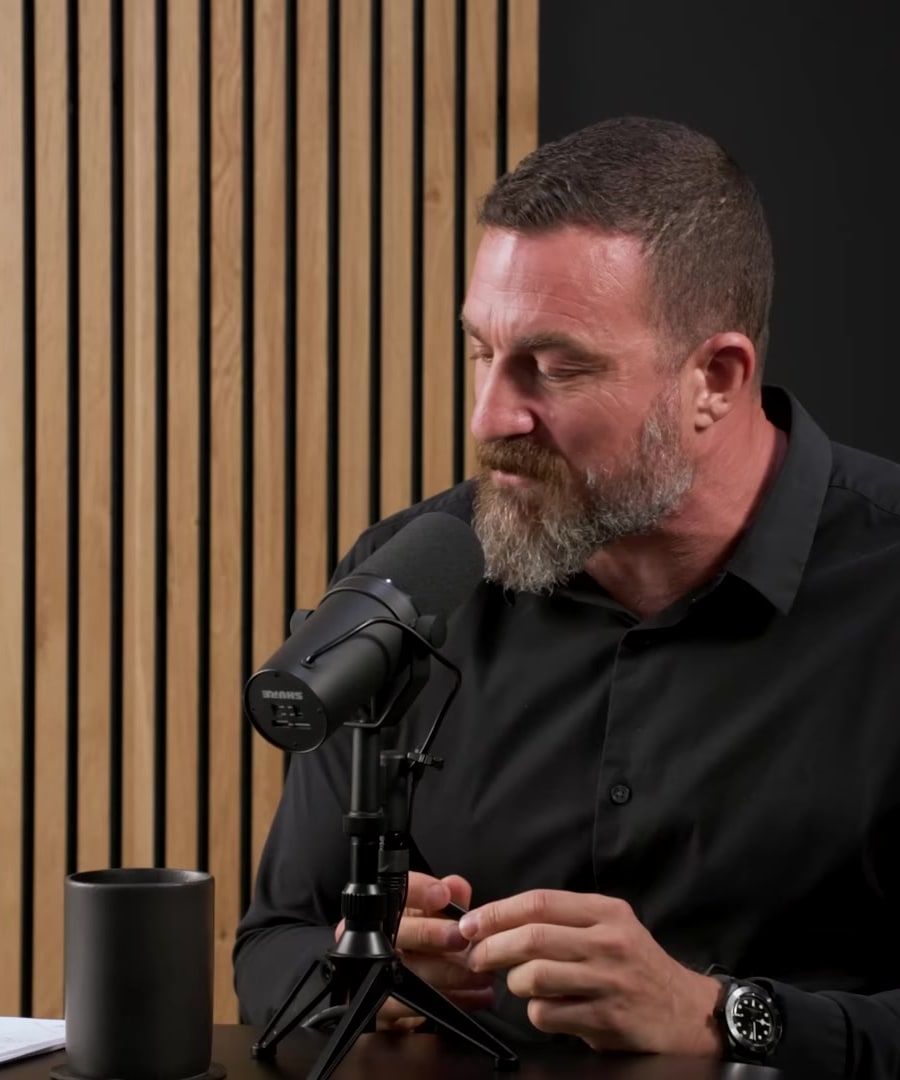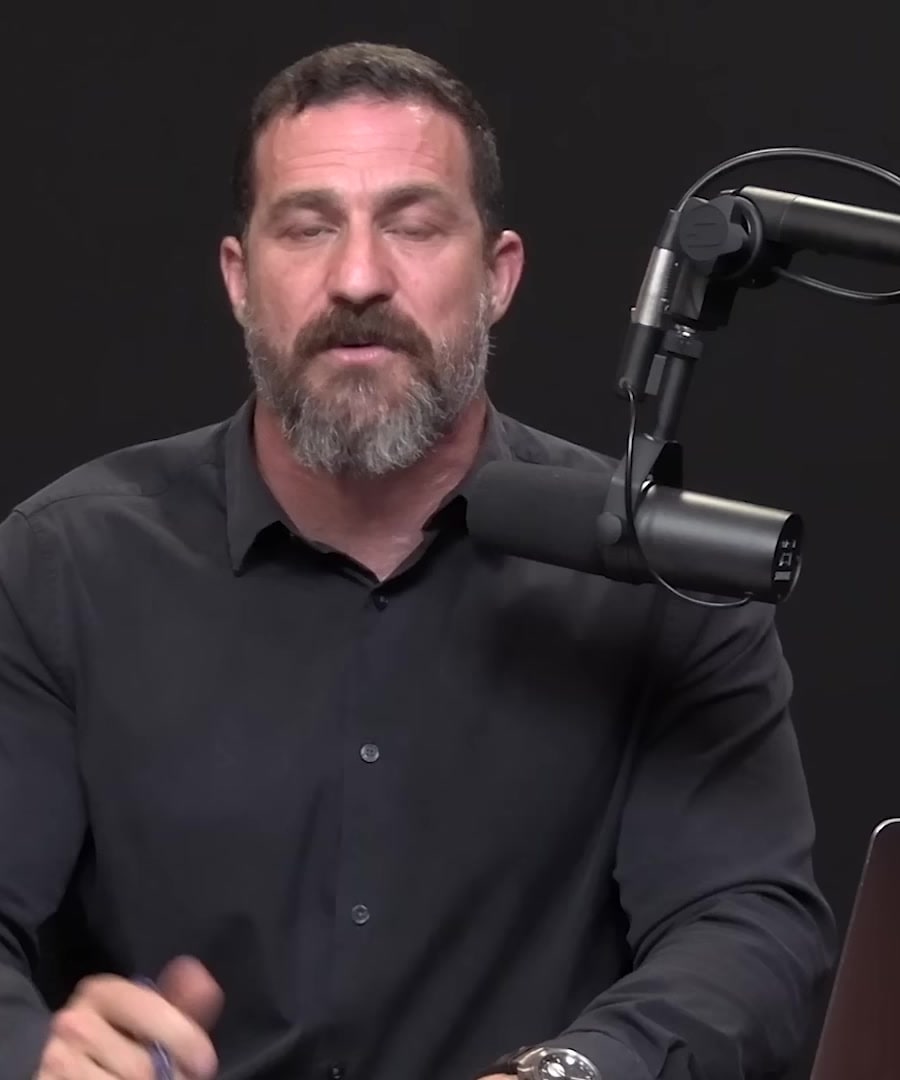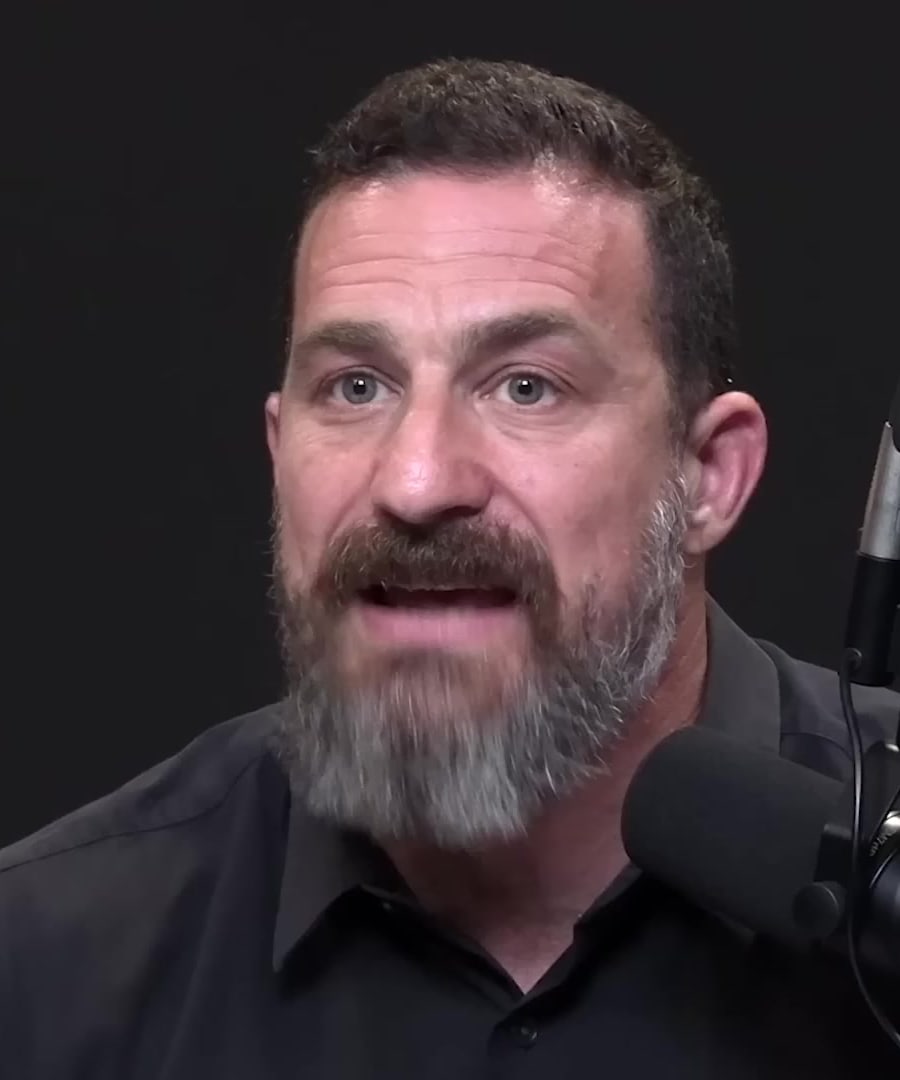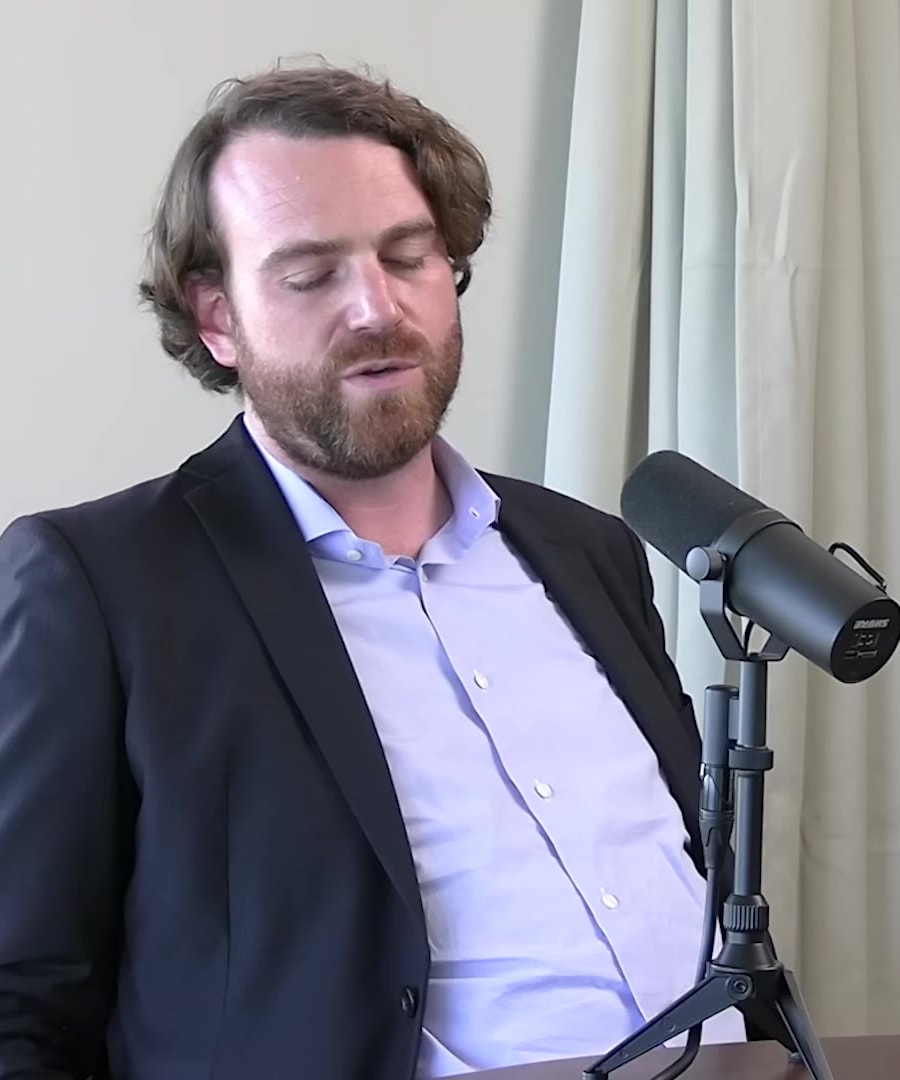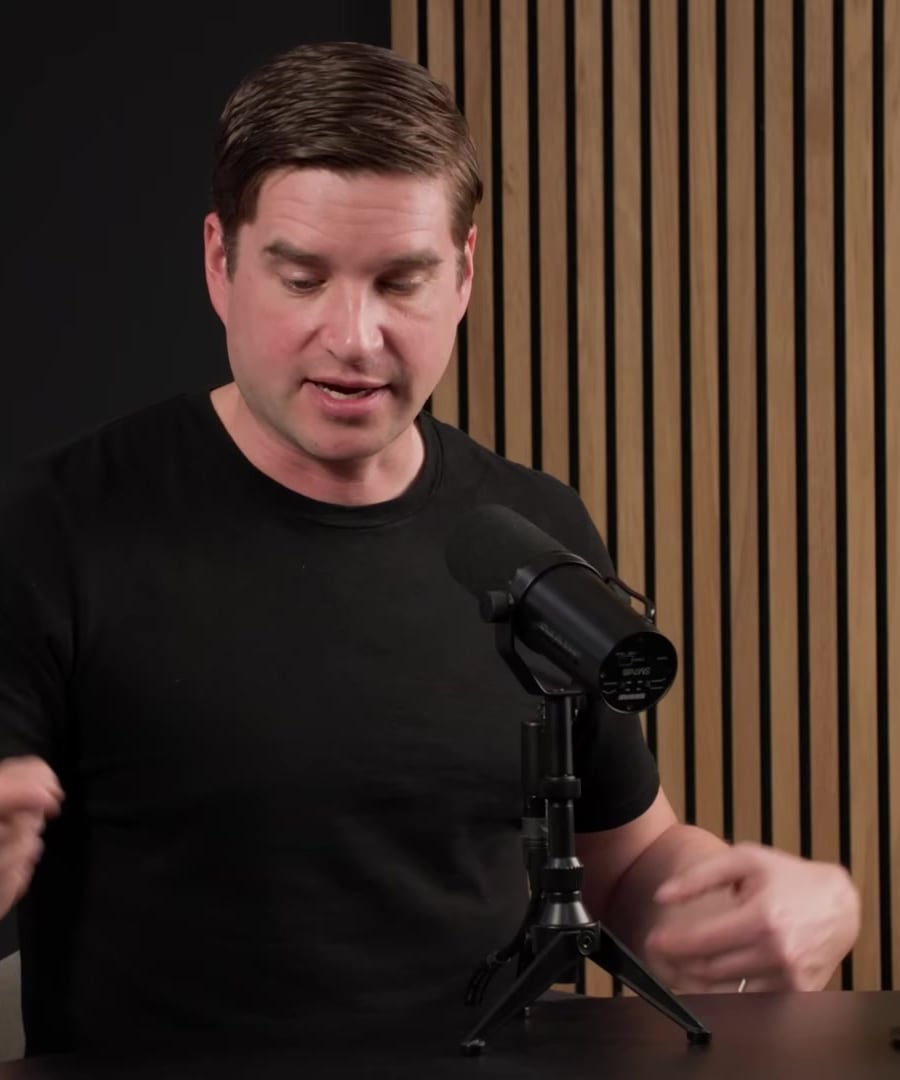note taking
Sources:
Note-taking and idea capture are crucial for boosting productivity and retaining information. Here are some insights from and his guests on the :
-
Efficient Idea Capture:
- Having a reliable method to capture spontaneous ideas is essential. This can be a voice memo or phone notes for quick captures, and a whiteboard or bound notebook for detailed work. Using a high-quality notebook, such as a lab notebook with archival paper, can bring seriousness to the process 1.
-
Retaining Information:
- When reading, listening to the words in your head, almost as if you are speaking them, can enhance retention. This is due to the brain’s premotor activity, which engages the muscles involved in speech just below the threshold of actual speaking 2.
-
Setting Boundaries:
- To avoid distractions, it’s beneficial to have a "to don't" list. For example, avoiding phone use after a certain time and refraining from social media scrolling. Such boundaries help maintain focus and productivity 3.
-
Writing by Hand:
- Writing out thoughts and plans by hand engages the neural circuitry differently and more effectively than typing. It aids in embedding knowledge in the nervous system, making it a powerful tool for goal setting and idea retention 4.
-
Journaling for Mental Health:
- For emotional and psychological health, developing a writing habit to process negative experiences can be beneficial. Include facts, emotions felt during and after the event, and any links to current events. This practice can promote neuroplasticity and improve mental and physical health 5.
In summary, whether you're capturing ideas, retaining information, or setting goals, using specialized tools and maintaining disciplined boundaries play a central role in optimizing productivity and mental wellness.
RELATED QUESTIONS-
what is the best way to take notes for learning topics
Sources:
The best way to take notes for learning topics involves specific techniques to optimize retention and understanding. Here are two key strategies discussed on the :
-
Space Learning Theory:
- Concept: This involves spacing out learning sessions to enhance memory retention. Instead of cramming, you review material at intervals, typically spaced about an hour to an hour and a half apart.
- Application: For example, using note cards, you could study each card for a minute, cycle through them, and revisit the first card about an hour later. This spaced repetition helps in laying down long-term memory more effectively 1.
-
Active Recall:
- Concept: This technique focuses on retrieving information without looking at notes, which strengthens the memory trace.
- Application: Whether for humanities subjects or math problems, you repeatedly test your recall of the information. This can be done through rewriting, explaining aloud, or solving problems from memory. Active recall is challenging but highly effective in consolidating knowledge 2.
Using these methods in combination can significantly enhance your learning process. Spacing out your study sessions and regularly testing yourself on the material are proven strategies to bolster memory and understanding.
RELATED QUESTIONS-
What are other effective note-taking techniques?
While I couldn’t find specific clips detailing additional note-taking techniques, here are some generally effective methods based on principles often discussed on the and backed by cognitive science:
-
Mind Mapping:
- Description: This involves creating a visual representation of information, linking related concepts with branches.
- Benefits: Helps in seeing connections, improving comprehension, and promoting creative thinking.
-
Cornell Method:
- Description: Divides a page into three sections: cue (left), note (right), and summary (bottom). You jot down key points during lectures, use the left column for questions or keywords, and summarize the content at the bottom.
- Benefits: Encourages active engagement, organized notes, and easier review.
-
Flow Notes:
- Description: Adapts to the flow of the lecture or reading material, allowing for varied formats, including diagrams, bullet points, and full sentences.
- Benefits: Flexible and dynamic, facilitating quick adjustments based on the content and your understanding.
-
Annotation:
- Description: Involves highlighting and adding comments or questions directly on the materials (books, articles).
- Benefits: Promotes active engagement and comprehension, particularly useful for dense reading materials.
These techniques align with learning principles like active engagement and spaced repetition, enhancing overall retention and understanding. For specific insights from , please stay tuned to the episodes of the .
RELATED QUESTIONS-
which is the most effective?
I couldn't find specific discussions from the on the most effective note-taking technique. However, the effectiveness of a method can depend on personal preferences and specific contexts.
Here are some general insights into the effectiveness of different techniques:
-
Mind Mapping:
- Effective for: People who are visual learners and need to understand the connections between concepts.
-
Cornell Method:
- Effective for: Structuring notes in a highly organized way, especially useful for subjects with a lot of detail and those who benefit from revisiting material for summarization.
-
Flow Notes:
- Effective for: Lectures or reading materials where the format is dynamic and varies a lot. It’s beneficial for creative and less structured environments.
-
Annotation:
- Effective for: Engaging directly with the text, especially useful for critical reading and dense materials.
Each technique has its strengths, and the best approach may vary based on the individual and the learning context. It is often suggested to experiment with different methods to see which works best for your learning style. For further insights, keep an eye on episodes of which delve into learning and memory enhancement strategies.
RELATED QUESTIONS-
is there a specific youtube video to help me with my note taking and learning
It appears that the might not have a specific YouTube video dedicated to note-taking and learning. However, frequently discusses learning and memory enhancement.
For detailed guidance on note-taking, searching YouTube with keywords like "note-taking techniques" or "effective learning strategies" might provide more targeted content. Also, keeping an eye on the for relevant episodes could be beneficial, as Dr. Huberman often delves into topics related to optimizing cognitive function and learning strategies.
RELATED QUESTIONS
note taking
- RELATED QUESTIONS
what is the best way to take notes for learning topics
- RELATED QUESTIONS
What are other effective note-taking techniques?
- RELATED QUESTIONS
which is the most effective?
- RELATED QUESTIONS
is there a specific youtube video to help me with my note taking and learning
- RELATED QUESTIONS
